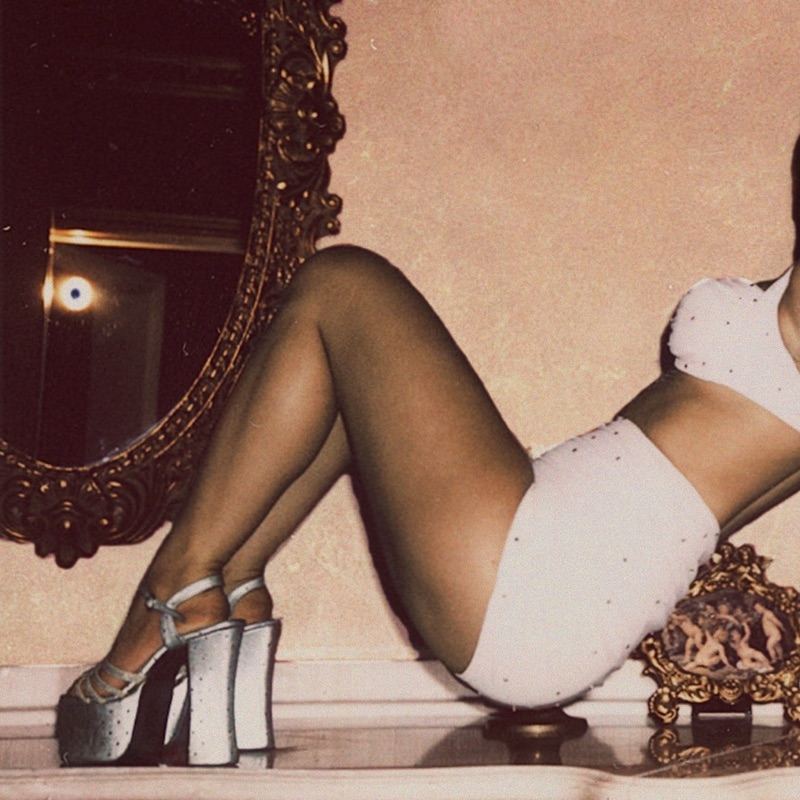by Jessie Murph · 2024

The song “Blue Strips” by Jessie Murph is about getting revenge on an ex by flaunting a new, lavish lifestyle and relationships, using bold actions and displays of confidence to show she’s moved on and is no longer hurt.
This song has been Shazamed over 97,372 times. As of this writing, Blue Strips is ranked 54
‘Blue Strips’ by Jessie Murph is a song about heartbreak, revenge, and showing someone you’re better off without them. We’re going to break down the lyrics, feelings, and meaning behind this bold anthem—so stick with us and let’s explore what Jessie is really saying. ⬇️
The world of “Blue Strips” feels electric and unapologetic, pulsing with late-night energy and bittersweet bravado. Jessie paints a picture of glitzy escape, where the glitter of Malibu mansions and strip club neon lights becomes a backdrop for settling emotional scores.
The chorus erupts with a repeated confession: “Boy, I ain’t mad at you—I had to get back at you.” It’s not just a catchy hook, it’s a mantra—equal parts defiance and catharsis, as if we can almost hear the smirk behind each word. We sense a tangled web of hurt and retaliation; Jessie flips the narrative, throwing metaphorical (and literal) “blue strips” in the air, determined to reclaim power in her own dazzling way.
In the verses, Jessie doesn’t shy away from the messiness of post-breakup payback—she smokes cigarettes on balconies, flaunts a new man, and makes sure every detail gets back to her ex. “I ain’t jumpin’, but I’ll die to settle scores” hits hard, revealing how deep the wounds cut and how far she’ll go to prove a point. There’s a raw, almost reckless honesty here—she’s not just moving on, she’s making sure her ex knows it, every step of the way.
The narrative rides waves of luxury and vengeance, with lines about a new mansion in Malibu serving as both a flex and a shield, as if material gain can patch over emotional loss—or at least distract from it for a while. The repetition of “had to get back at you” echoes like a haunting refrain, blurring the line between healing and hurting, between independence and unresolved pain.
Ultimately, “Blue Strips” captures the stormy thrill of turning heartbreak into spectacle, showing us how sometimes revenge is less about anger and more about reclaiming your stage, your story, and—maybe—a little bit of your old self.
Writer(s) of Blue Strips: Daniel Tannenbaum, Laura Jeanne Veltz, Tyler Reese Mehlenbacher, Sergiu Adrian Gherman, Jessie Murph